Full-Time Faculty
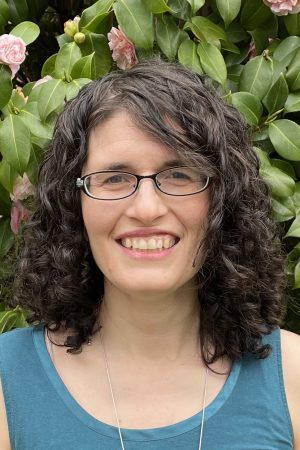
Elise Berman
PROFILE: I am a linguistic, cultural, and psychological anthropologist with a broad range of interests in linguistic diversity and change, migration and climate change migration, children’s languages and cultures, racialization, socialization and education, and Pacific Islanders. I am broadly interested in the sociolinguistic construction of difference—be it age, race, or gender. My current work focuses […]
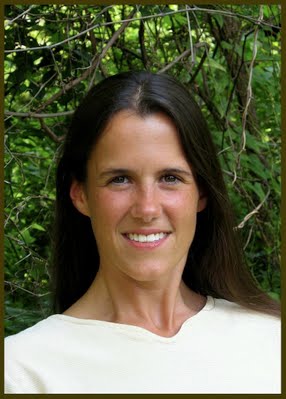
Erin Eldridge
PROFILE: Dr. Erin R. Eldridge is an Assistant Teaching Professor of anthropology at UNC Charlotte. She is a cultural and environmental anthropologist, with a background in botany and wildlife and fisheries science. Her research focuses on political ecological concerns, structural violence, bureaucracy, the intersections of development and disasters, and occasionally, ethnomusicology. Dr. Eldridge has conducted […]

Steve Falconer
PROFILE: Falconer Curriculum Vitae Dr. Steven Falconer joined the department as Chair in January, 2015. He holds a Ph.D. in anthropology from the University of Arizona, and taught for many years at Arizona State University. He has most recently been the head of the Department of Archaeology at Latrobe University in Australia. Dr. Falconer is […]
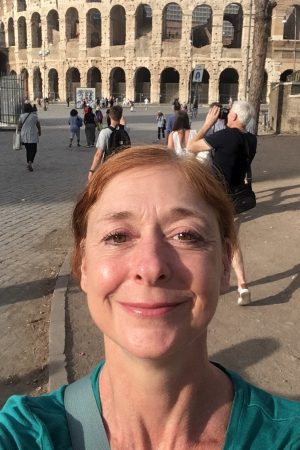
Catherine Fuentes
Teaching Professor and Undergraduate Coordinator PROFILE: Dr. Catherine Mitchell Fuentes is a teaching professor of anthropology at UNC Charlotte. She specializes in applied and medical anthropology. She has worked in Latin America, New England, and the southeastern United States. Her research has looked at how trauma, particularly in the form of domestic violence and sexual […]
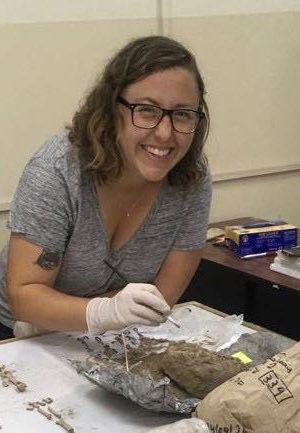
Sara Juengst
PROFILE: Dr. Sara Juengst is an assistant professor at UNC Charlotte. She specializes in bioarchaeology and Andean archaeology. She has conducted research in Bolivia and Peru and plans to begin a project in Ecuador in Summer 2017. She has also worked locally, assisting with field projects in the Southeastern United States when possible. Dr. Juengst […]
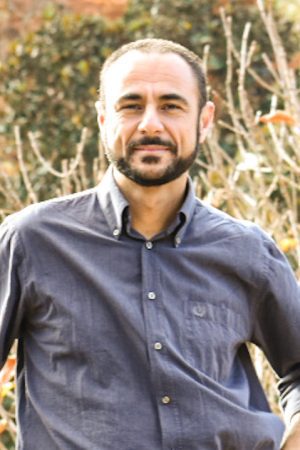
Luca Lai
PROFILE: Luca Lai is an archaeologist specializing in stable isotopes, Western Mediterranean prehistory and particularly Sardinia, and human-environment interactions. He has conducted research on paleodiet and paleoclimate in prehistoric Sardinia from the 5th through the 1st millennium BC, focusing on long-term continuity and change, and on differential access to resources based on social status and […]
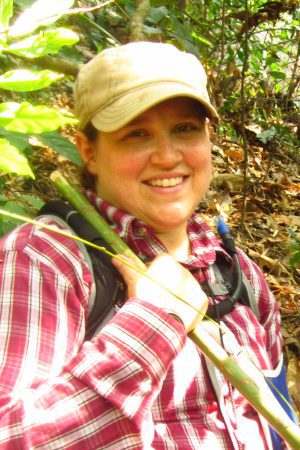
Lydia Light
PROFILE: Dr. Lydia Light is aan assistant professor of Anthropology at UNC Charlotte, teaching courses in general anthropology and biological anthropology with specific interests in primatology, conservation, and human evolution. Her research interests focus on the behavioral ecology of living primates, examining the ecological and biological factors that may have influenced life in our own […]
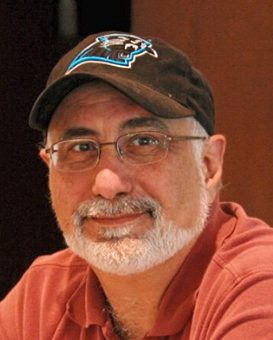
Jonathan Marks
PROFILE: Jonathan Marks is Professor of Anthropology at the University of North Carolina at Charlotte, where he has taught since the beginning of the present millennium, after brief stretches at Yale and Berkeley. His primary training is in biological anthropology and genetics, but his interests are broad, and he has published widely across the sciences […]
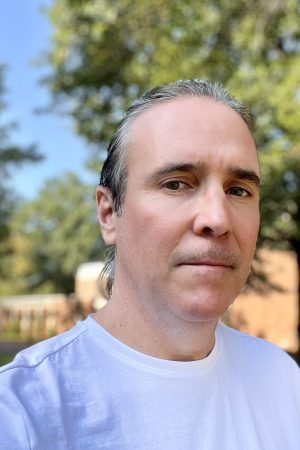
Timothy Murtha
Timothy Murtha, a practicing anthropologist and design educator, joined the faculty at Charlotte as a professor of anthropology in 2023. For two decades, his research and practice have been focused on leveraging geospatial tools for anthropological and archaeological research and planning, design, and preservation at a landscape scale. Before joining the faculty at Charlotte, Murtha […]
